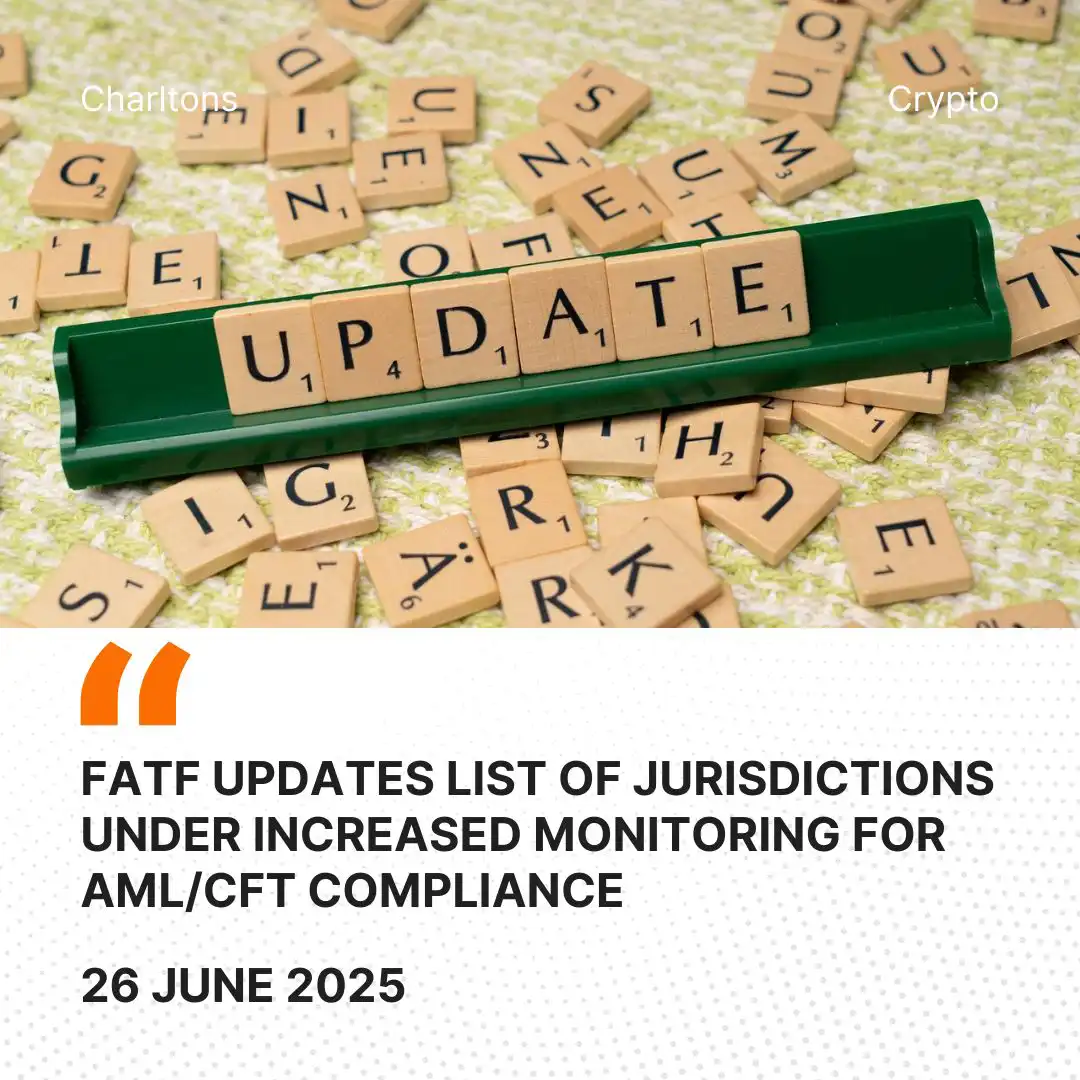
The United Nations General Assembly has endorsed a resolution concerning artificial intelligence (AI), marking a global effort to shape the development of this transformative technology. Initiated by the United States and supported by 123 countries, including China, the resolution was unanimously adopted on March 2, demonstrating broad consensus among all 193 U.N. member nations.
The resolution urges countries to prioritize safeguarding human rights, protecting personal data, and monitoring AI for potential risks. While lacking legal enforceability, such resolutions serve as vital indicators of global sentiment, signaling the international community’s commitment to responsible AI development.
Citing concerns about AI’s disruptive potential, the resolution highlights risks to democratic systems, fraudulent activities, and job displacement. It emphasizes the need to prevent the improper or malicious design, development, deployment, and use of AI systems, which could undermine human rights and fundamental freedoms.
In an effort to bridge the digital divide, the resolution aims to ensure the inclusion of less affluent developing nations in AI discussions and provide them with the necessary technology and skills. It underscores the potential benefits of AI, such as disease detection, flood prediction, agricultural support, and workforce training.
In related efforts, a global pact led by the United States, the United Kingdom, and other nations in November outlined measures to safeguard AI from malicious actors. Tech companies are urged to develop AI systems with inherent security features to mitigate risks outlined in the resolution.
Moreover, while major tech firms have expressed support for AI regulation, the European Union took a significant step forward by approving comprehensive AI regulations in March. These regulations, expected to become operational by May or June, prohibit several technologies deemed harmful, including biometric surveillance, social scoring systems, and untargeted facial recognition.
In the United States, the White House issued an executive order in October aimed at mitigating AI risks for consumers, workers, and minorities, while enhancing national security.





